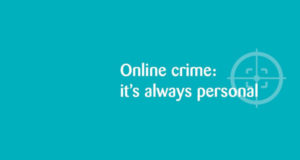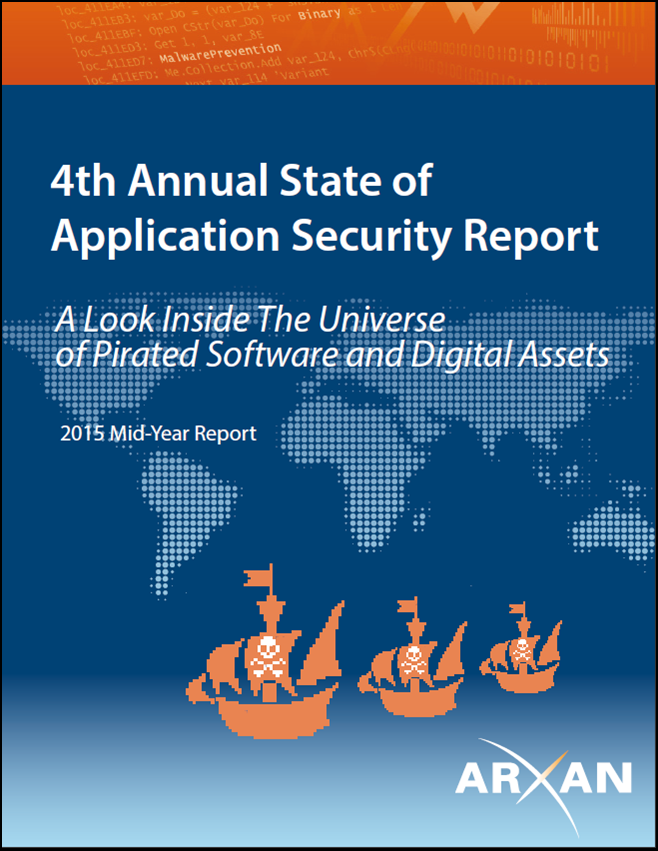Kenneth Colley, aged 42, Jason Ross, aged 45 and Anna Strzelecka, aged 39, all stand jointly charged of selling clothing between July 1 2009 and July 12, 2012 which bore trademarked images and of concealing the proceeds of criminal conduct, namely cash between the same dates.
In addition, Colley and Strzelecka are also charged with possessing a printing unit – namely a Coolemaster computer tower and printers – specifically designed to label clothing with a registered trade mark; creating clothing with a registered trade mark and possessing clothing bearing a false trade mark with a view to selling the goods.
Colley and Strzelecka from Plymouth and Ross from Newquay offered no plea to the charges.
She said the case involved profits “in excess of £150,000” and “close to £180,000”.
Magistrates released all three on unconditional bail to attend Plymouth Crown Court on November 16 for a preliminary hearing and a plea and case management hearing on February 1, 2016.



